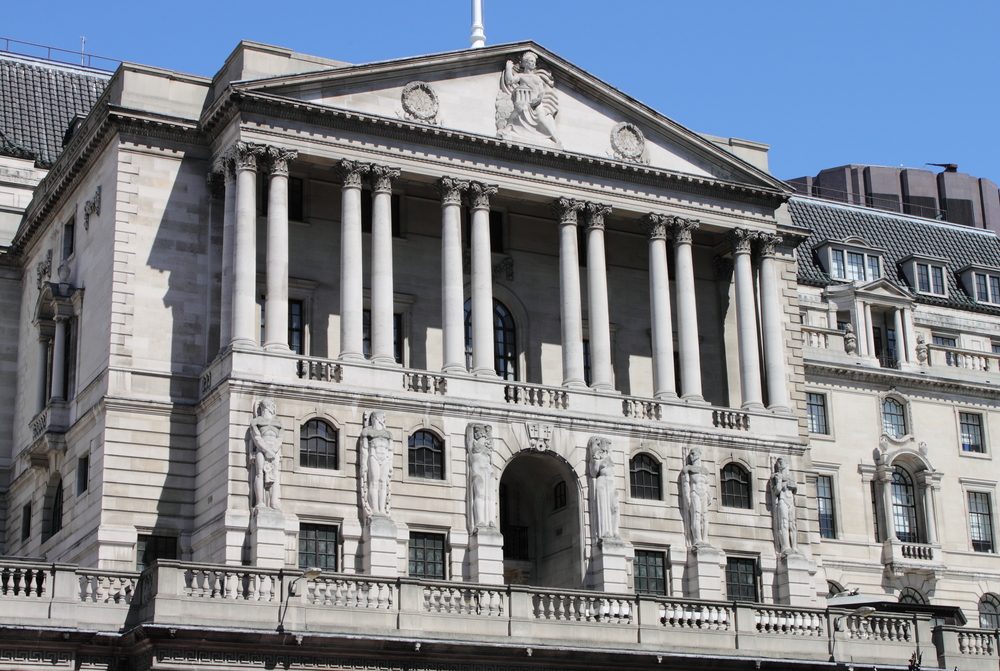News
Base rate held at 0.1% as extra £100bn injected into economy

The Bank of England has maintained the base rate at 0.1% but confirmed an additional £100bn quantitative easing programme of bond-buying to support economic recovery.
The Bank’s Monetary Policy Committee (MPC) voted unanimously to keep rates at 0.1% – the lowest in its history – and continue with its existing bond-buying programme of £200bn.
However, the committee voted by a majority of 8-1 to increase the bond-buying programme (quantitative easing) by an additional £100bn, to meet the 2% inflation target. This takes the total stock of asset purchases to £745bn.
Minutes from the meeting stated that risky asset prices have recovered further from their March lows, although they have remained sensitive to news on the evolution of the pandemic.
Despite the 20% fall in UK GDP in April 2020, the committee noted there are signs of consumer spending and services output picking up as the Covid-19 restrictions on economic activity are lifted.
The minutes read: “Evidence from more timely indicators suggests that GDP started to recover thereafter. Payments data are consistent with a recovery in consumer spending in May and June, and housing activity has started to pick up recently.
“The LFS [labour force survey] unemployment rate was unchanged at 3.9% in the three months to April. But other and more timely indications from the claimant count, HMRC payrolls data and job vacancies suggest that the labour market has weakened materially. Following stronger than expected take-up of the Coronavirus Job Retention Scheme, a greater number of workers are likely to be furloughed in the second quarter. Evidence from business surveys and the Bank’s Agents is consistent with a weak outlook for employment in coming quarters. Some households are also worried about their job security.”
Turning to the twelve-month CPI figure falling from 1.5% in March, 0.8% in April and 0.5% in May, the committee noted: “Current below-target rates of CPI inflation can in large part be accounted for by the effects of the pandemic. The collapse in global oil prices has had direct effects on inflation, via the prices of motor fuels, and indirect effects by reducing input costs in other sectors of the economy. The sharp drop in domestic activity is also adding to downward pressure on inflation through increased spare capacity in most sectors of the economy.”
The MPC added that the unprecedented situation means the outlook for the UK and global economies is “unusually uncertain”.
“It will depend critically on the evolution of the pandemic, measures taken to protect public health, and how governments, households and businesses respond to these factors.”
Rupert Thompson, chief investment officer at Kingswood, said: “The BoE, as widely expected, increased the size of its quantitative easing programme by £100bn to £745bn and a further top up is quite likely later in the summer.
“The Bank has been purchasing almost all the gilts issued in recent months to finance the covid-related support measures and would otherwise have reached its limit in July. The Bank rate, by contrast, was left unchanged at 0.1%. While the Bank has been looking into the possibility of pushing rates into negative territory, this would be a move of last resort and only be implemented if the economic recovery now starting to get underway runs into problems later in the year. ”